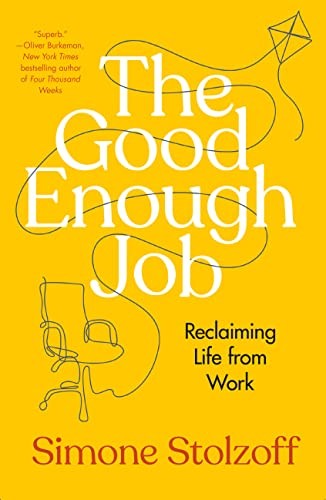Gersande La Flèche wants to read La Boîte noire by Shiori Ito
Shiori Ito a 26 ans, elle est journaliste. Un soir, elle rejoint Noriyuki Yamaguchi – …
Why can't I read all these books!? 🍋🟩
🍵 Lots of nonfiction, literary fiction, poetry, classical literature, speculative fiction, magical realism, etc.
📖 Beaucoup de non-fiction et de fiction, de poésie, des classiques, du spéculatif, du réalisme magique, etc.
💬 they/them ; iel/lo 💻 blog: gersande.com/blog & gersande.com/blogue 💌 Find me on fedi @silvan.cloud/@gersande or bsky
This link opens in a pop-up window
4% complete! Gersande La Flèche has read 4 of 100 books.
Shiori Ito a 26 ans, elle est journaliste. Un soir, elle rejoint Noriyuki Yamaguchi – …
@pivic@bookwyrm.social Oooooh I'm going to look into this!!
@pivic@bookwyrm.social Oooooh I'm going to look into this!!

Trajectoires (Paperback, french language, self-published)
interviews au format long sur les pratiques de la scène punk do it yourself des années 90 à nos jours. …
Samara Breger's A Long Time Dead is a lush, Victorian romance, drenched in blood and …
From Oliver's top 2024 reads.
From Oliver's top 2024 reads.
From Oliver's top 2024 reads.
From Oliver's top 2024 reads.

A contemporary classic, Please Kill Me is the definitive oral history of the most nihilistic of all pop movements. Iggy …

Rachel E. Gross: Vagina Obscura (Hardcover, 2022, W. W. Norton & Company)
A scientific journey to the center of the new female body.
The Latin term for the female genitalia, pudendum, …
Guevara admits to his own flaws: while able to endure a poor diet and worn-out shoes, he withdrew too often from the group to read.
— Burnout by Hannah Proctor (Page 12)
Mood! On Guevara's Congo Diary.
Mood! On Guevara's Congo Diary.
@nichobi@bookwyrm.social I tried reading Pratchett in release order (started in 2019 or 2020?) and was strongly advised by many Pratchett fans to not do that, haha! But I should get back to reading through the Pratchett canon!

"Superb."—Oliver Burkeman
A challenge to the tyranny of work and a call to reclaim our lives from its clutches.
…